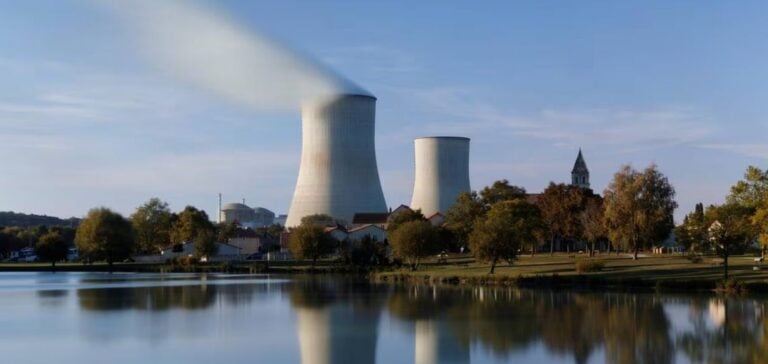The promulgation of this law, passed by Parliament in early April, comes after a year of intense debate and contestation. The French Constitutional Council rejected a final appeal, paving the way for the creation of the ASNR in January 2025. The aim of this reform is to adapt nuclear governance to France’s new ambitions, in particular the construction of new reactors and the extension of existing reactors’ lifespans.
Merger and reorganization
The merger of ASN and IRSN, two bodies born of the lessons of the Chernobyl accident, is intended to “streamline” decision-making in the nuclear sector. The law stipulates that the ASNR’s internal regulations must organize this rapprochement precisely, with a clear distinction between those responsible for appraising dossiers and those responsible for making final decisions. This distinction is considered essential by experts to guarantee the safety of installations.
Means and resources
Faced with an unprecedented workload linked to new reactor projects and the extension of old ones, ASN and IRSN have been calling for additional resources for years. The law stipulates that by July 1, 2024, the government must submit to Parliament a report on the human, technical and financial resources required by ASNR and CEA by 2025. ASNR will also have to assess its needs for the next five years, by July 1, 2025.
Reactions and concerns
The reform has provoked strong reactions, both in Parliament and from trade unions and associations. IRSN’s trade unions, notably the CGT-CFDT-CFE CGC, are voicing their concerns about the tight timetable, and are calling for the rapid appointment of a “prefigurator” to arbitrate disagreements and ensure continuity of activities from January 2025.
Perspectives and challenges
The unification of safety and radiation protection structures aims to strengthen nuclear governance in France, by improving the coordination and efficiency of decision-making processes. However, the success of this reform will largely depend on the effective deployment of the necessary resources and on the ASNR’s ability to meet the growing challenges of the sector.
The creation of the ASNR marks an important turning point in the management of nuclear safety in France. By centralizing the skills of ASN and IRSN, this new entity will meet the country’s nuclear ambitions while guaranteeing safety and radiological protection.






















